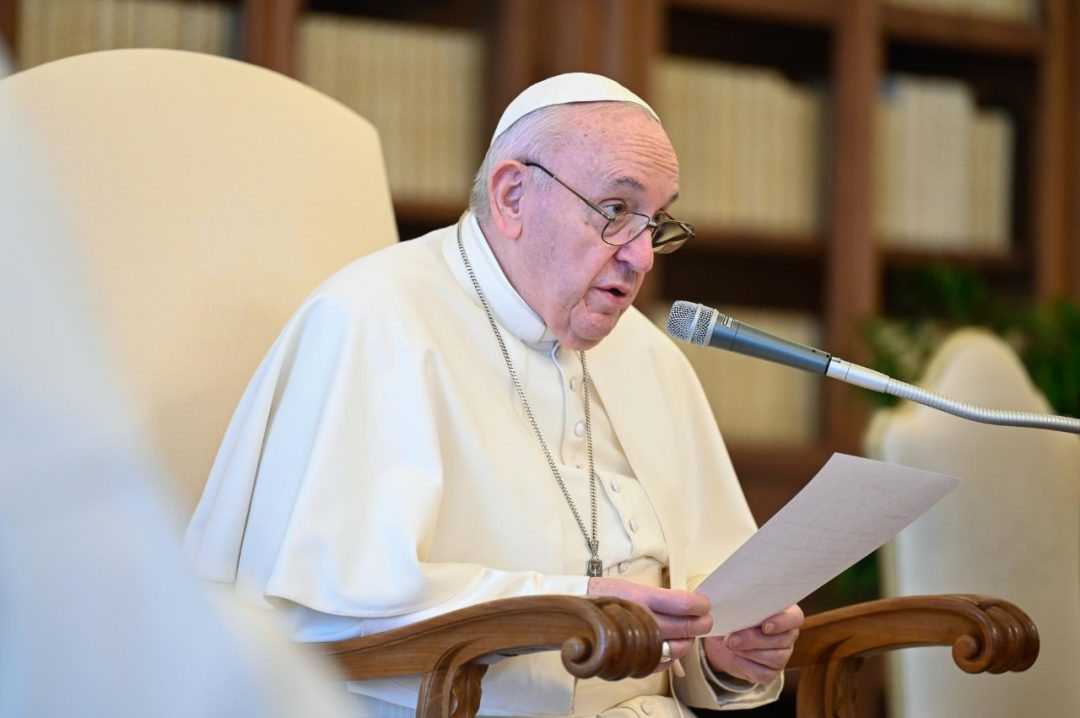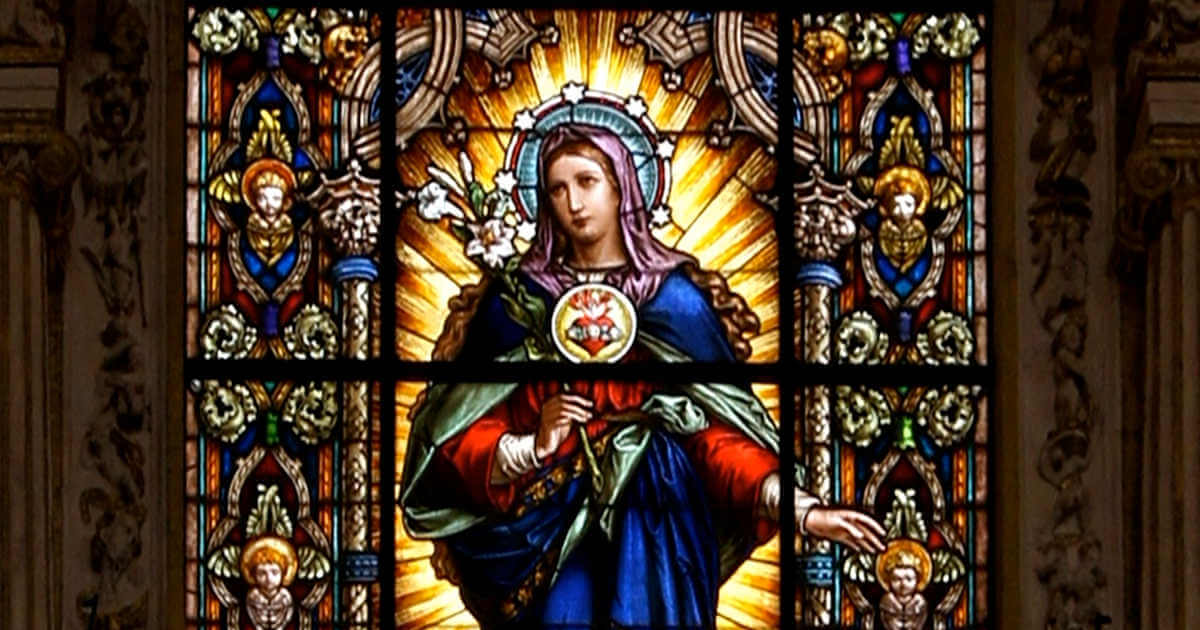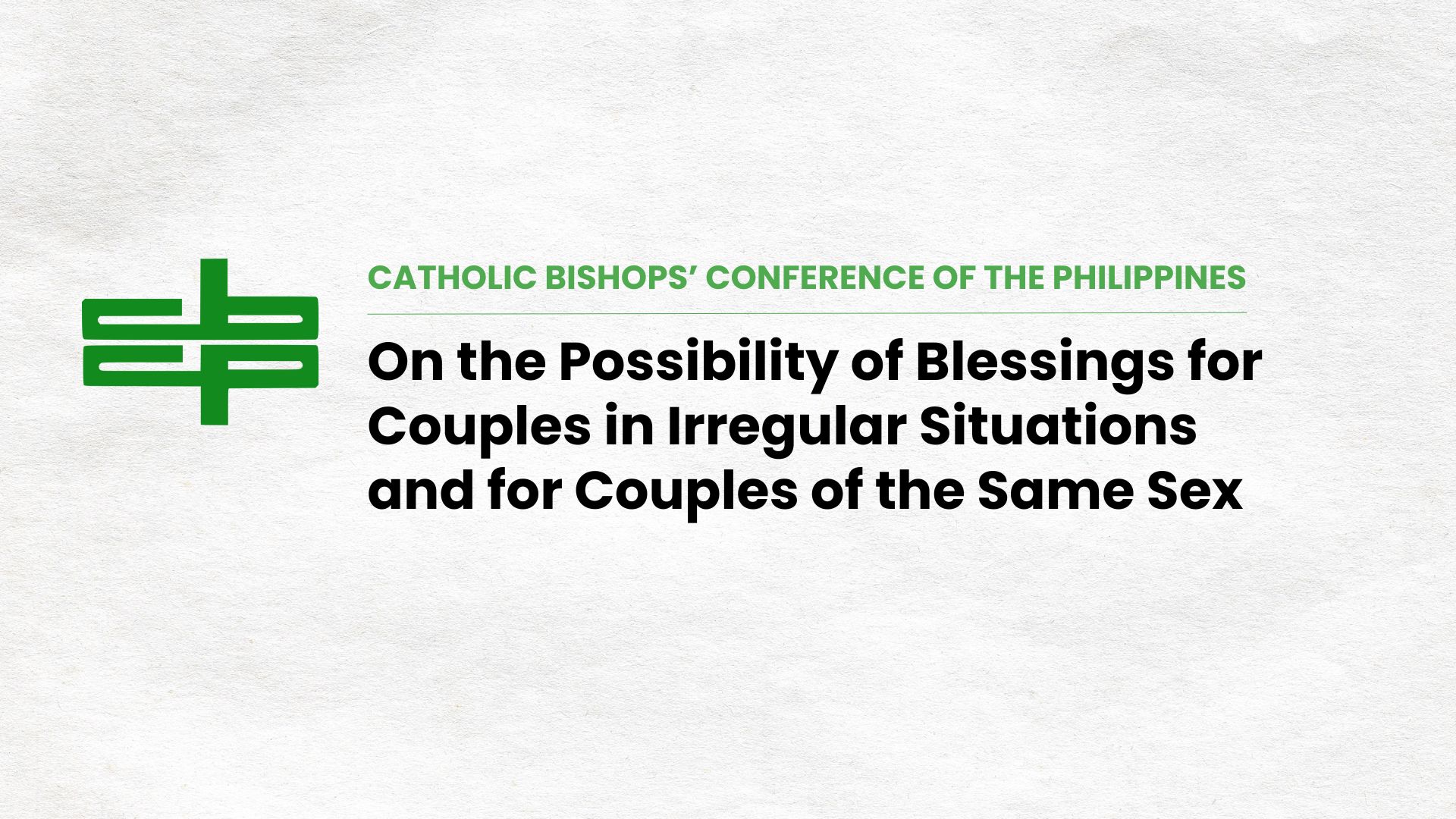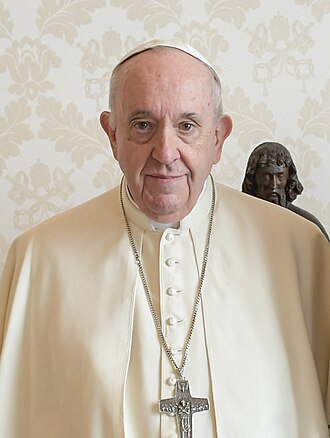
By Catholic News Agency
May 11, 2021
VATICAN— Pope Francis issued an apostolic letter Tuesday formally instituting the new lay ministry of catechist.
The Vatican released the papal letter, Antiquum ministerium (“Ancient ministry”), on May 11 in eight languages, including Italian Sign Language.
The pope said that the institution of the new lay ministry would “emphasize even more the missionary commitment proper to every baptized person, a commitment that must however be carried out in a fully ‘secular’ manner, avoiding any form of clericalization.”
The letter, issued motu proprio (“on his own impulse”), is dated May 10, the feast of the 16th-century Spanish Doctor of the Church St. John of Avila.
In the apostolic letter, the pope recalled the role of catechists in Church history, beginning with the New Testament’s First Epistle to the Corinthians, which refers to “teachers” within the early Christian community.
He said that catechists played a critical role in the Church’s missionary expansion in the following centuries.
The pope described the Second Vatican Council, held from 1962 to 1965, as a turning point that led to “a renewed appreciation of the importance of lay involvement in the work of evangelization.”
He also highlighted the “great foresight” of his predecessor St. Paul VI, who encouraged bishops’ conferences worldwide to consider instituting the ministry of catechist in their regions in his 1972 apostolic letter Ministeria quaedam.
Pope Francis said that recent decades had seen “a significant renewal of catechesis,” citing the publication of the Catechism of the Catholic Church in 1992, Pope John Paul II’s 1979 apostolic exhortation Catechesi tradendae, and the catechetical directories released since Vatican II.
Describing the qualities that the Church seeks in participants in the new lay ministry, he wrote: “Catechists are called first to be expert in the pastoral service of transmitting the faith as it develops through its different stages from the initial proclamation of the kerygma [Gospel proclamation] to the instruction that presents our new life in Christ and prepares for the sacraments of Christian initiation, and then to the ongoing formation that can allow each person to give an accounting of the hope within them.”
“At the same time, every catechist must be a witness to the faith, a teacher and mystagogue, a companion and pedagogue, who teaches for the Church.”
He emphasized that candidates should receive “suitable biblical, theological, pastoral, and pedagogical formation to be competent communicators of the truth of the faith and they should have some prior experience of catechesis.”
Pope Francis has emphasized the role of the laity since his election in 2013.
In his 2020 post-synodal apostolic exhortation Querida Amazonia, he said that there was a need to strengthen lay leadership in the Amazon region.
He wrote: “A Church of Amazonian features requires the stable presence of mature and lay leaders endowed with authority and familiar with the languages, cultures, spiritual experience and communal way of life in the different places, but also open to the multiplicity of gifts that the Holy Spirit bestows on every one. For wherever there is a particular need, he has already poured out the charisms that can meet it.”
“This requires the Church to be open to the Spirit’s boldness, to trust in, and concretely to permit, the growth of a specific ecclesial culture that is distinctively lay. The challenges in the Amazon region demand of the Church a special effort to be present at every level, and this can only be possible through the vigorous, broad, and active involvement of the laity.”
In January this year, the pope issued a motu proprio, Spiritus Domini, changing canon law to allow women to serve as lectors and acolytes.
Lector and acolyte are publicly recognized ministries instituted by the Church. The roles were once considered “minor orders” in the tradition of the Church and were changed to ministries by Pope Paul VI.
The Vatican Congregation for Divine Worship and the Discipline of the Sacraments will publish a Rite of Institution of the new lay ministry of catechist.
The pope wrote: “This ministry has a definite vocational aspect, as evidenced by the Rite of Institution, and consequently calls for due discernment on the part of the Bishop.”
“It is in fact a stable form of service rendered to the local Church in accordance with pastoral needs identified by the local Ordinary, yet one carried out as a work of the laity, as demanded by the very nature of the ministry.”
The pope said that bishops’ conferences should decide the “necessary process of formation and the normative criteria for admission” to the new ministry.
The apostolic letter was due to be presented at a news conference at the Vatican featuring Archbishop Rino Fisichella, president of the Pontifical Council for the Promotion of the New Evangelization, and Bishop Franz-Peter Tebartz-van Elst, the Pontifical Council’s delegate for catechesis.










